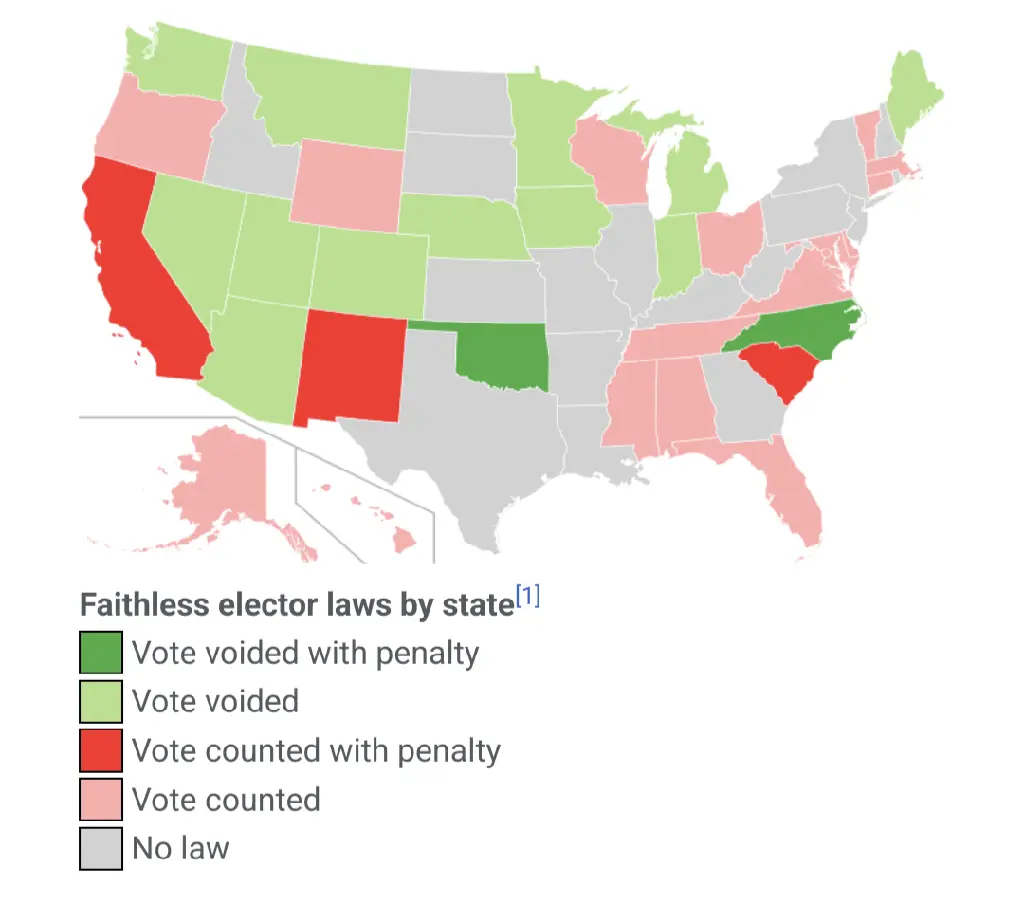Yes. You're seeing it somewhat already.
That was the actual point of the Senate. It's meant to be a stopgap against populism. But sort of like a pair of pants that used to fit years ago but you suddenly find tearing at the seems and hard to move in, what was once working has become a serious issue due to how the country has grown and the cultural/geographical trends among the population. It used to be something that helped balance the country, but it's design is such that it doesn't adjust itself as the House does overtime with population changes or, critically, the addition of new states. No matter how many human beings are actually living in any one state, it still gets two senators, and when you're a giant state like California or New York, it's actually strangling the voices of millions.
In short, our country's democratic system was never meant to be one wherein the vast majority of people all lived in a handful of states. It was designed with growth in mind, but not the kind of rural decay we see with people not wanting to live in the "flyover" states.
It was written at a time when everyone's dream was to settle and build a home anywhere they could. When the ratio between the biggest and smallest state's population was around 7:1
Now it's 32:1. They never dreamed certain states would be so vacant after 200 years, or at least, they assumed the Constitution would be adjusted for this reality later on (it wasn't).
No, we were never meant to be a direct democracy where majority always rules, but we were also not meant to be a country where the majority is as powerless as it is.
